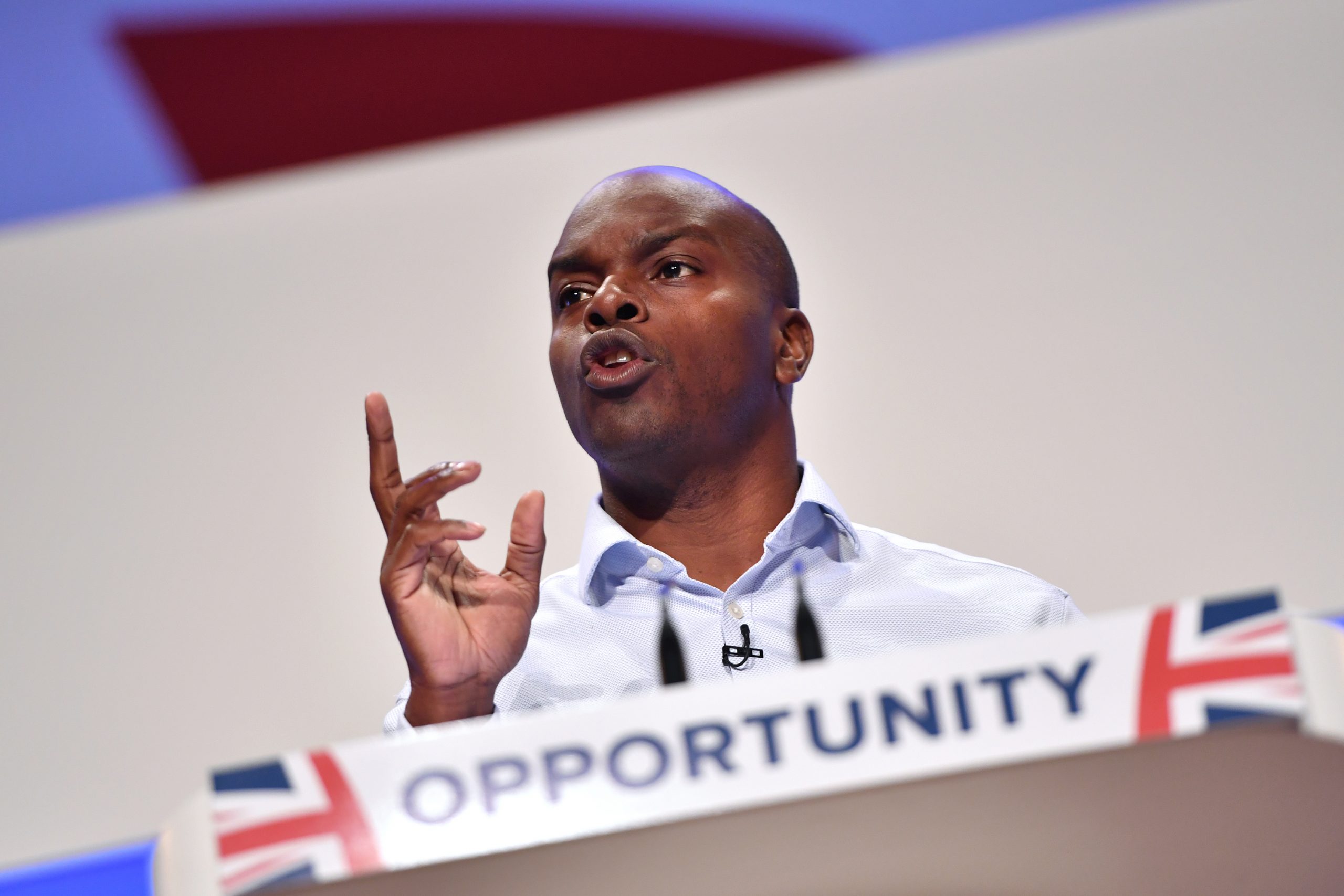
It seems strange, now that he’s long assumed his final form of “weird old man who won’t shut up about Hitler”, but Ken Livingstone was once a really quite good mayor of London. Even stranger that in that role, in the aftermath of the 7 July 2005 bombings, he gave some of the best political speeches I have ever heard. In the days after 7/7, his voice audibly emotional, Livingstone told the world: “Londoners will not be divided by this cowardly attack.”
It is hard to imagine Shaun Bailey, the Conservative mayoral candidate who will face the capital’s voters this May, giving a similar speech. That’s partly because, thankfully, it’s some time now since anyone has successfully launched that kind of terror attack. Party too it’s because – sorry, Shaun, there’s no nice way of saying this – he’s never going to be mayor. A Redfield Wilton poll this week showed him on 25 per cent, less than half of Sadiq Khan’s 51 per cent, and polls have rarely put the incumbent’s lead at less than 20 points. It isn’t just that Bailey is going to lose. Unless something big changes, he’s going to lose really, catastrophically, historically badly.
But beyond his upcoming humiliation by the London electorate, there’s another, more philosophical reason why it’s hard to imagine Bailey giving the sort of speeches London’s first mayor gave after a terror attack. Whatever Livingstone has said or done since to undermine that message, those speeches took as their theme the unity of and solidarity among the diverse population of this city. We have ample evidence to show that Bailey doesn’t believe in any such thing.
[See also: Why Shaun Bailey is the greatest gift Sadiq Khan could wish for]
In a 2005 pamphlet for the Centre for Policy Studies, he argued that giving Muslim or Hindu children days off school to celebrate their own religious festivals would “rob Britain of its community. Without our community,” he continued, “we slip into a crime-riddled cess pool”. Getting from “celebrating Diwali” to “crime-riddled cess pool” in one bound is, in some ways, an achievement. What it isn’t is an appeal to London’s instinctive pride in its diversity. The same pamphlet argued that attractive girls “tend to have been around”, while, “the more liberal we’ve been, the more the poor have suffered”.
In a Telegraph column the following year, Bailey wrote that teenage girls were getting pregnant deliberately to get themselves to the top of the housing list: “Any young girl living in the inner city will be clued up on how the system works.” Throughout Bailey’s public statements, a consistent world-view shines through, in which there are rulers and ruled, one group of people who require guidance and discipline and another group whose job it is to give it to them. He clearly believes himself to belong to the latter. Londoners may think otherwise.
This sort of divide and rule has been successful for politicians in many places. It has never really worked in London, however, a city where much of the electorate is proud to the point of obnoxiousness of its own diversity, and where Khan’s success has been based as much on what he represents as on what he’s done. Zac Goldsmith’s attempt to use such divisive tactics at the 2016 mayoral election downed his campaign and wrecked his reputation into the bargain. It’s telling that Boris Johnson, a man whose career in national politics has been built on exactly that kind of division and culture-war politics, almost entirely eschewed it while London mayor – indeed, he pretended to be a different kind of Tory entirely.
Bailey, by contrast, is shamelessly showing himself to be exactly the same kind of Tory. On Wednesday, with the hunt for the missing Sarah Everard at its height and the internet flooded with women’s stories of times they had felt unsafe on the streets, the candidate chose to tweet his thoughts “as a father and a husband”, about how appalling it was that women lived in fear, and that the solution was to elect him as London’s mayor. He’s since said he doesn’t regret sending that tweet. And why should he? It was classic Bailey – divisive, paternalistic, cynically using a shocking tragedy to promote his own interests, and showing all the political acumen of a slightly damp rag.
Others may feel differently. Downing Street has repeatedly refused to stand by its candidate following the tweet. Bailey may not regret sending it. It’s entirely possible his party regrets nominating him.
[See also: Shaun Bailey is a loser, but the Conservatives haven’t “lost” London]





